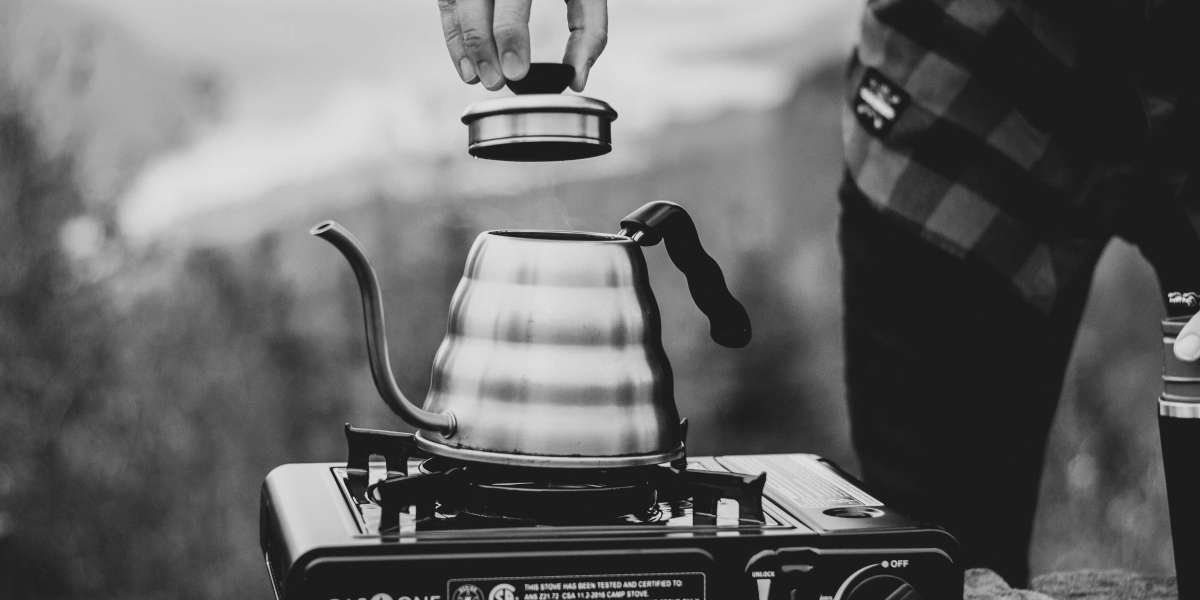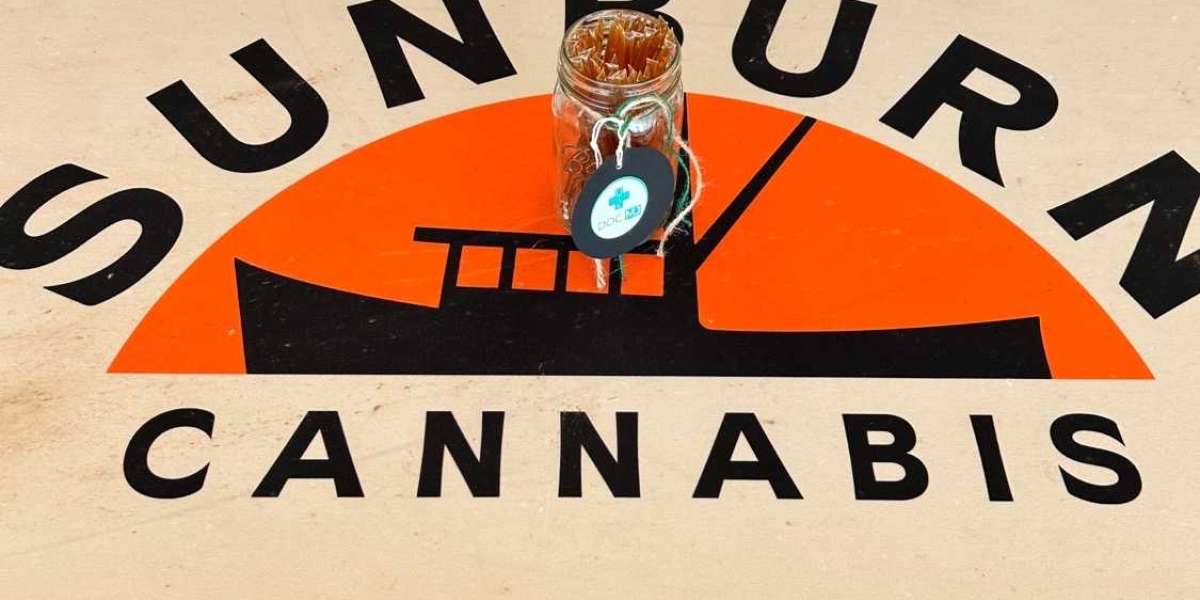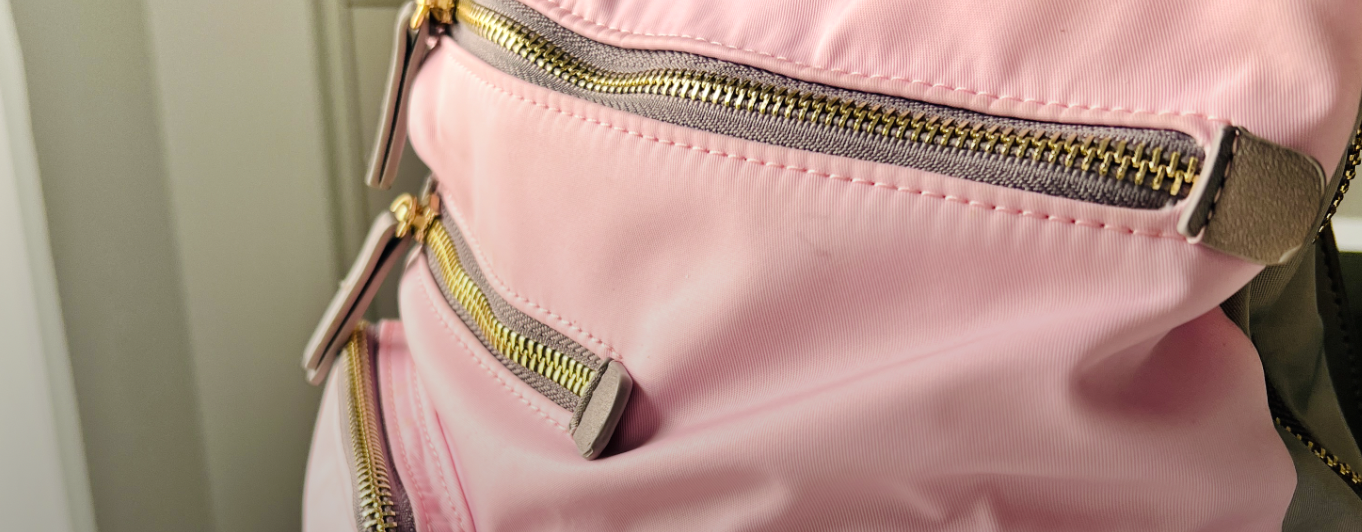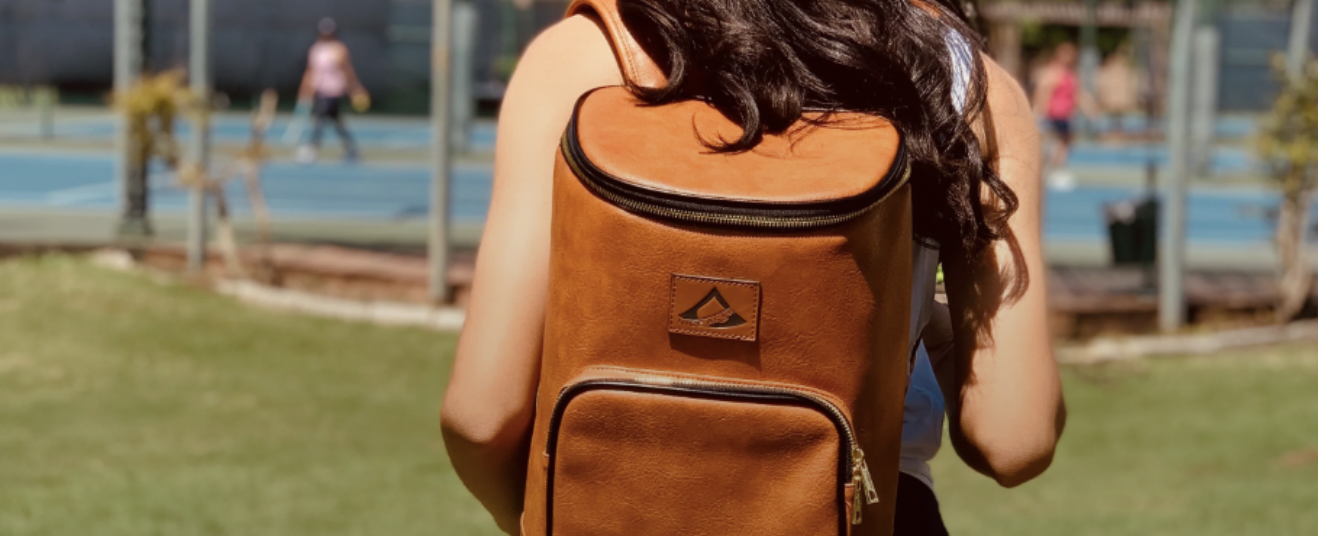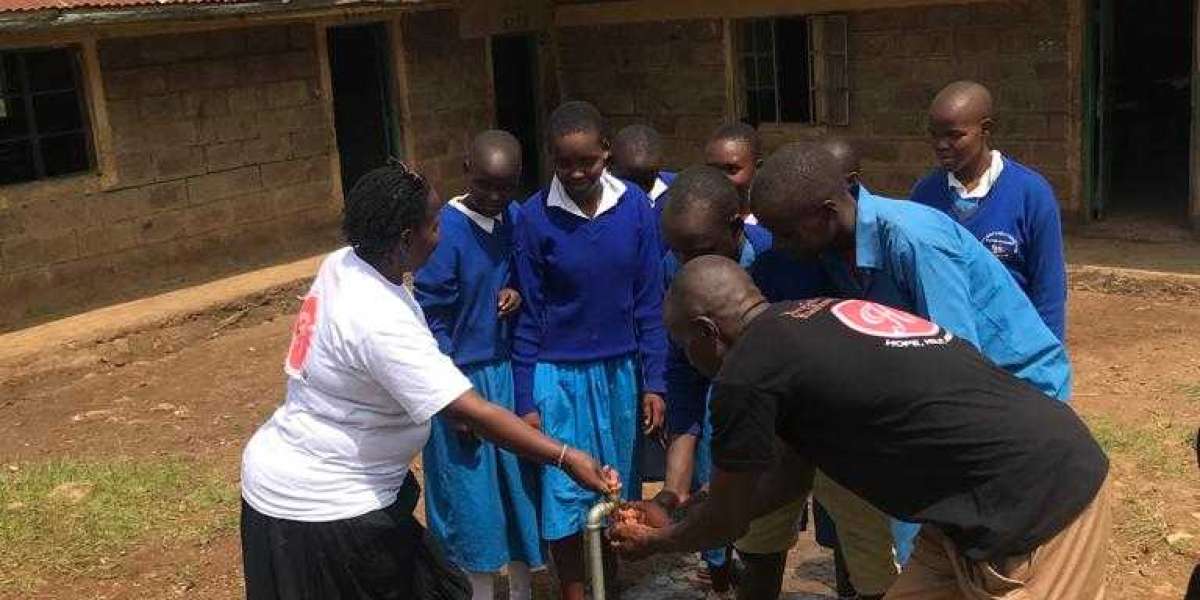Prepping.
Until recently a hugely contraversial hobby or lifestyle.
But two weeks ago the UK Government announced that every UK citizen should consider having three days worth of food and water on hand, in the event of an emergency.
According to polling by the London Defence Conference, only 15 per cent of people have an emergency supply kit in their homes - and over 40 per cent of people do not have enough non-perishable food and water to last 3 days.
At the bottom of all the news reports is this:
'Oliver Dowden will also unveil plans next year for the largest-ever simulation of a pandemic in the UK, which will involve tens of thousands of people across government and public services.'
Suddenly, prepping is everywhere.
So lets talk about what that really means, especially for women.
These are the most common reasons that women prep:
- An unexpected hopsital stay.
- Water or electricity cuts.
- Bags on hand in case of fire or flood.
- Theft of cards or ID fraud.
- A buffer of resources - normally food and household sundries - to take you over leaner times.
- To learn new skills.
It most certainly is NOT all about combat uniforms, survival training and bugging out!
Prepping can seem like a mammoth task and it is easy to become overwhelmed with everything that you think you need to do.
But, ultimately, prepping is about having resilience and being able to overcome small bumps in your everyday life.
And women are exceptional planners and preppers when it comes to keeping our family safe.
I would go so far as to say that most mothers will prep naturally - have you ever been anywhere without All The Snacks, water or milk, a change of clothes / clean nappies and wipes for your tot?
It's unlikely.
Prepping in the home and go bags are simply an extension of this.
How can you get started with prepping?
The most important things for human survival are shelter, food and water.
Shelter:
Rather than bugging out, you are most likely to bug in - that means remain in place, within the familiarity of your home - unless there is a life threatening situation.
Food:
Start by adding an extra tin or packet to your weekly food shop, if you can. Choose things that you KNOW you will eat anyway - many people fall into the trap of stocking up on food they would never eat under normal circumstances and then they just go to waste as their use by date rolls around.
If space is at a premium, a packet of spaghetti takes up less room than a packet of penne.
You may wish to consider easy to heat one pot tinned meals - chunky soups and baked beans, for example - so that if the power goes off, you can have something warm and comforting without too much stress.
But start small, with just one or two extra things each week and you will soon have a great working preppers pantry (more on that another day).
We live in a very rural area where power cuts are part and parcel of our life here. Over the years we've had a few neighbours come and go.
My one Top Tip, when they arrive, is to get a little camping stove, like these inexpensive suitcase ones that store away really nicely.
Most problems can be tackled with a brew in hand - and you can use your existing saucepans on them if you don't want to get a camping kettle.
I've even managed to create a dutch oven on one of the basic stoves, and cooked pizza on it!
Water:
Water is one of the most important of all preps and this was highlighted to me recently, when we had four days without mains water; it was a really interesting experience and I'll be talking about that more another day too. Suffice it to say, the biggest prep of all is practise.
If you have the room, aim for 5 litres of water per person, per day, for a minimum of 3 days. It may sound like a lot but we were allocated just 12 litres of water per day for a family of 5 and 2 big dogs.
It wasn't anywhere near enough.
Do get bottled water and not just bottle up water from the tap; this isn't potable in the long term and you'll need to change it frequently, unless you are pressure canning it.
TIP: It is easier to lift and pour 2 litre bottles, over 5 litre bottles.
If your finances allow, consider a water filter - I like the gravity water filters best and love my British Berkefeld, which I use with Wrekin filters.
Other things to consider, as a first time prepper
- Light - torches, battery powered fairy lights, extra batteries, and something like these solar powered lights are a good idea - many now have USB charging ports so that you can charge your phone as well
- Keeping warm - not such an issue in the summer, but definitely something to consider in the winter. Having thermal gloves and hats and lots of layers can really help. Thermals tend to be on sale in the summer, so getting in now can offer good savings!
- Boredom - if you have children, boredom can set in quickly with power loss. Consider board and card games that include the whole family. We love Dobble in our house and you might too!
- Practise - the best prep of all; learn new skills and put your preps to the test at the same time.
More First Time Prepper Blogs on ZZatem:
Recommended Reading:
The Most Sensible Prepping Book You'll Ever Read - for women
Further information:
https://prepare.campaign.gov.uk/
Image Credit: Photo by Sean Benesh on Unsplash
